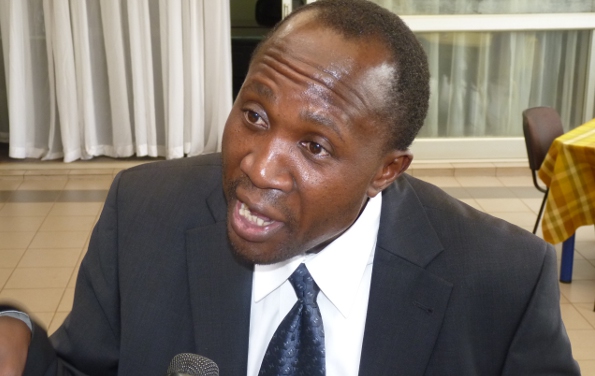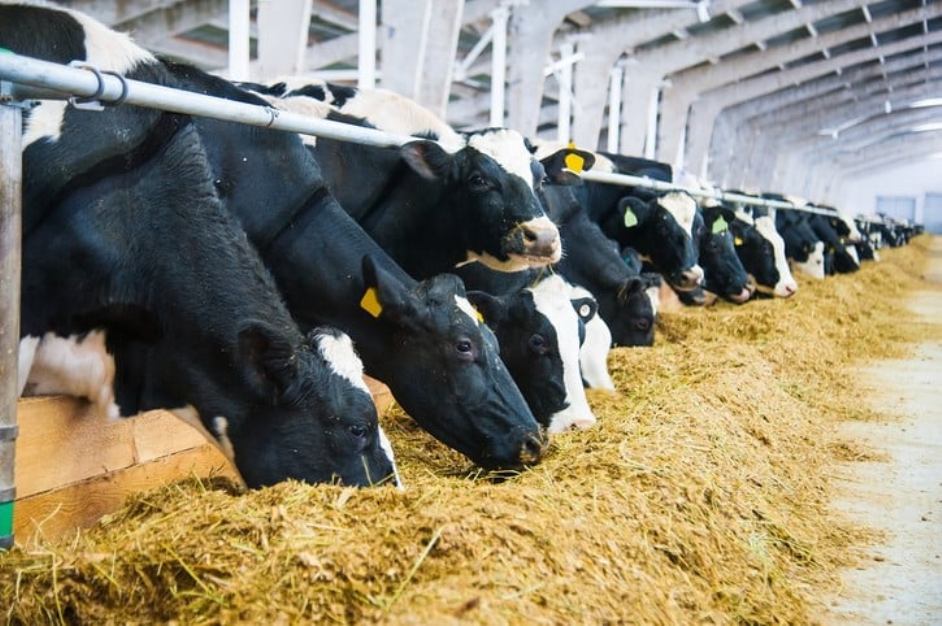ActionAid International is urging countries including Uganda to impose taxes on surplus profits earned by fossil and the banking sectors.
ActionAid International says a surplus profit technically known as a Windfall profit tax could generate as much as US$382 billion in revenue, an amount that could be spent on public services such as education, or climate action.
The suggestion follows ActionAid’s research in 2023 found that banks alone have poured over US$3.2 trillion into fossil fuels in the Global South since the Paris Agreement was adopted in 2015, making them complicit in climate damage.
The research found that 36 top companies in the fossil fuels and financial sector, often funding fossil fuel use, made over US$420 billion in windfall profits in the 24 months preceding July 2023.
ActionAid said a tax of 90% on these windfall profits could generate as much as US$382 billion in revenue, an amount that could be spent on public services such as education, or climate action.
ActionAid Secretary-General Arthur Larok said the scale of profits that fossil fuel companies and their bankers are making in the wake of global crises is truly astounding. “Especially when compared to the hardships that these crises have brought upon regular people around the world.”
Larok is of the view that “Windfall profits taxes make sense. They can bring in significant revenue for climate action and social services while taxing only the extraordinary corporate profits.”
ActionAid’s research is an analysis of the profits of the top 14 fossil fuel companies and the top 22 financial corporations by value on the stock market. In the 24 months to July 2023, these firms made US$1,218 billion in profits. Windfall profits from that amounted to US$425 billion.
It said Fossil fuel company profits in the 12 months before July 2023 were up by 278% compared to the average in the period between 2017/8 and 2020/1. Campaigns suggesting windfall or surplus taxes have intensified right from the time when countries opened up their economies after the COVID-19 pandemic lockdowns.
The Russian invasion of Ukraine and the crisis it has caused shortages in the global supply chain of commodities like oil and gas further intensified the call for Windfall taxation regimes. Climate activists have mainly targeted oil and gas companies saying they tend to make surplus profits when a crisis leads to a hike in crude oil prices.
What is Windfall Tax?
Windfall tax is levied on entities that earn disproportionate profits during unexpected market conditions. Its advocates say it is an effective tool for governments to ensure these entities contribute a fair share of their profits to society. Some governments like the United States of America, the UK and India among others have imposed windfall gains tax to capture a portion of unexpected windfalls or profits for businesses.
Apart from being a redistributive tool, windfall profits tax discourages businesses from taking undue advantage of unexpected gains in the future.
A recent example of a levy of windfall profits tax is linked to the Russia-Ukraine conflict. As the conflict led to a shortage of commodities like oil and gas, their prices skyrocketed across the globe. The situation placed Indian oil companies at an advantage, due to which they made huge profits in the year 2022
In October 2022, international oil companies reported record profits because of high crude oil prices. Exxon Mobil broke records with its profits in the third quarter, raking in US$19.7b in net income, a nearly US$2b increase from its second quarter.
TotalEnergies SE posted a sharp jump in its third-quarter net income of $9.86b compared with US$4.77b for the same period in 2021 and US$9.8b in the third quarter of 2022. CNOOC Ltd also reported that its profits nearly doubled in the third quarter with a net income surging 89% to 36.88 billion Yuan (US$5.11b) and revenue over the quarter rose to 108.8b yuan.
The Dutch major Shell also posted a third-quarter adjusted net income of US$11.5b up from US$9.45b registered in the previous quarter. Halliburton The Uganda perspective Windfall tax was part of the Income Tax (Amendment) Act 2021.
Ali Ssekatawa, a lawyer and the Director Legal and Corporate Affairs at the Petroleum Authority of Uganda (PAU) applauded the Parliament for what he called that foresight. Ssekatawa explained that the previous tax law did not cater to volatility in oil prices.
“The amendments introduced a windfall tax where the international oil price equals $75 per barrel or more on any day of a year of income for specified contract areas. This will be paid in addition to corporate income tax, royalties, surface rentals and others,” Said Ssekatawa.
Ssekatawa said other African countries that have a windfall tax include Algeria and Ghana which also run Production Sharing Agreements. “Like many countries world over, windfall tax is only charged when these companies make abnormal profits that must be redistributed to other sectors of the economy,” said Ssekatawa who has previously been involved in urging Uganda’s tax dispute related to the oil and gas sector.
He said Uganda will stand to benefit each time the global crude oil prices don’t fall below $70 per barrel soon.
“Uganda will stand to reap from this amendment and increase on its share of oil revenue that is clearly already far and above many of the PSAs negotiated with International Oil Companies. Uganda continues to benchmark best practices to optimally exploit its resources” said Ssekatawa. ActionAid International is suggesting that Excess profits taxes could be designed to capture and tax abnormal profits on a regular basis, without the need to pass separate measures each time a
global crisis makes a particular sector unusually profitable. Such a measure could also provide more predictability both to public budgets and to businesses, compared to a one-off windfall tax
measures.





